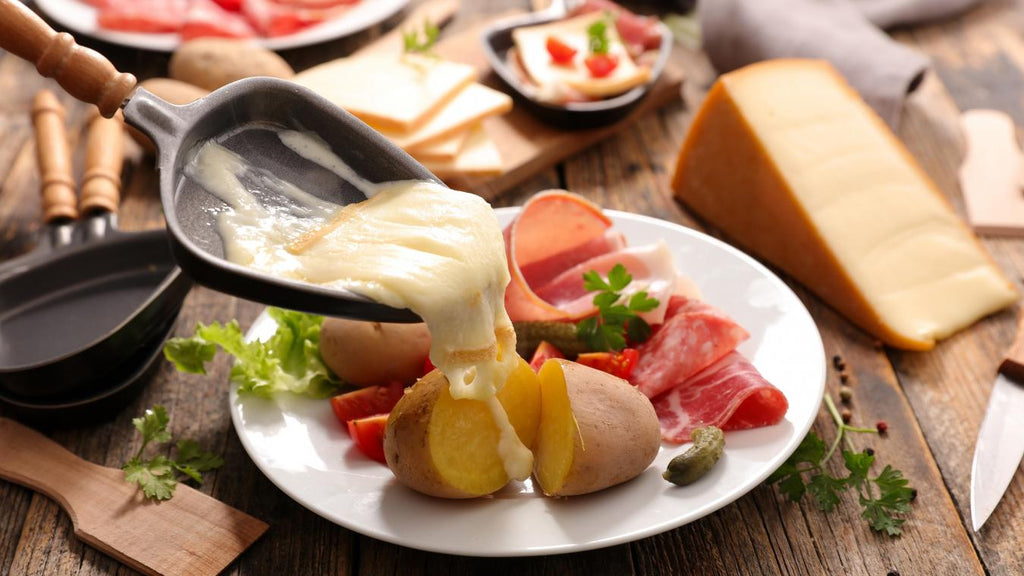The JW Marriott Mumbai Juhu is thrilled to announce the appointment of Abhishek Basu as the brand new Executive Chef, effective as of April 2019. With more than 17 years of wealth of experience in the culinary enterprise, Abhishek Basu brings to the position his knowledge in food & beverage and culinary operations after a long-spanning career in hospitality.
He will lead the culinary team and be accountable for pricing, fee planning, budget evaluation, and the curation of modern menus throughout all the six unique eating places at the JW Marriott Mumbai Juhu. Before this, he has worked with The Park Hotels in New Delhi and Chennai as the Executive Chef, Executive Sous Chef, and numerous different roles. During his tenure, he has additionally received numerous country-wide and global awards for his eating places.
Abhishek Basu has been educated in genuine Italian cuisine at the prestigious Le Cordon Bleu in Paris, having learned from some of the most globally renowned Chefs. In addition to schooling in culinary arts, he has also obtained widespread managerial schooling in the past few years and is well-versed in management and control. He has recently won enterprise popularity as ‘Noteworthy Talent of the Year,’ awarded using BW Hotelier’s Indian Hospitality Awards. He has represented the Indian Culinary Forum at FHA (Food & Hotel Asia) 2018 in Singapore. He has been a part of diverse such boards in the past and was also recently a member of The Week Magazine’s jury, which chooses India’s best restaurants.
Being the pioneer of paintings with farmers in India and driving sustainability on the ground level, he was diagnosed by Incredible India – Ministry of Tourism, Government of India, as the ambassador to curate a completely vegetarian menu in Iceland to have a good time Mahatma Gandhi’s 150th birth anniversary.
At the JW Marriott Mumbai Juhu, he will steer the motel’s award-winning distinctive eating places and the lodge’s dynamic culinary teams. His excellence in the meals and beverage enterprise will, in addition, facilitate the hotel’s commitment and efforts towards extending international class dining services to their buyers and consequently enriching guest experiences.
It’s usually hard to attach and strike up a verbal exchange with an entire stranger out of the country. But as a chef who has put together communal dinners at the Third Space, I’ve visible humans come in as strangers and depart as pals over a mutually shared discovery of cuisine. Food is a splendid equalizer.
I became in Roscioli, the famed own family-run bakery, eating place, and cafe that I locate my manner to on each visit to Rome. I’ve had many wonderful meals right here, but this time, it was approximately community.
I discovered that her name was Sophia. She became of Eritrean descent, however, raised in Oslo, Norway. Having simply graduated from college, she changed into treating herself to her first solo journey to Italy.
A little while later, a family of 4 from Brazil sat down at the table. The husband and wife were en route to Beirut to take their two grown daughters to satisfy their family in Lebanon. Next to join the table became a couple from Boston, on a honeymoon that covered a stop on the groom’s native Scotland.
Over the subsequent hour, every person shared now not handiest our plates of Italian food, however also tales, snapshots, recipes, and laughs. We observed shared connections thru food and promised to live in contact, and, in real modern-day style, in place of changing smartphone numbers, we shared Instagram handles.
Later that evening, I thought about how the immigrant revel in I even have had in America played out further everywhere globally.
Of course, this has been occurring considering time immemorial.
As lots as I turned into enthralled by the architectural marvels, just like the Pantheon and the Colosseum in Rome, I became fascinated to learn about the Eternal City through the lens of food. The meals Romans consume these days are manufactured from the empire’s exposure to different lands, cultural collisions, and immigration — forced and voluntary — over centuries.
The tomato, which is a staple of Italian cuisine, became added to Italy by the Spanish. Then, Arab Muslims added spices and herbs that transformed cooking techniques and flavors.




